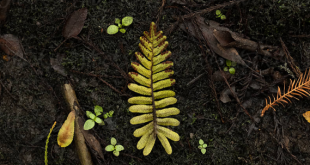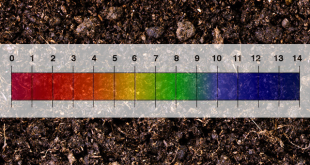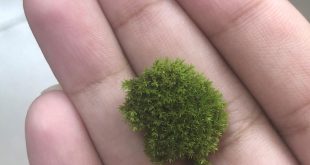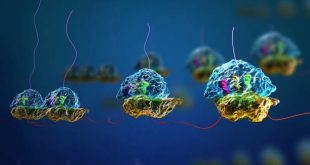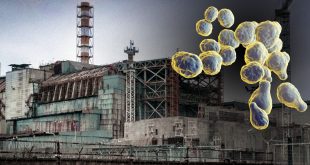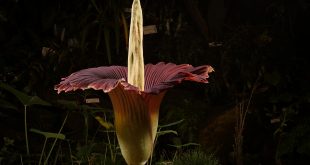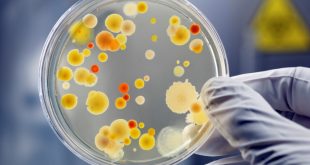In soil, there may be found 3 types of reactions. They are neutral, alkaline, or acidic reactions. The measure of the chemical reaction of soil(degree of alkalinity or acidity) is expressed by its pH value. Soil pH Soil pH is the negative logarithm of the concentration of hydrogen ion (expressed …
Read More »TimeLine Layout
July, 2021
-
26 July
Soil Reaction: Importance & Factors Affecting Soil pH
The importance of soil pH can be classified into its direct and indirect effects on edaphology and pedology: Direct Effects 1. Toxic and destructive effect of OH– and H+ ions on root growth It is found that a destructive action on root tissues by acidity or alkalinity usually does not …
Read More » -
26 July
Soil Reaction: Pools of Soil Acidity
Research suggests that three major pools of acidity are common in soils: (1) active acidity due to the H+ ions in the soil solution; (2) salt-replaceable (exchangeable) acidity, involving the aluminum and hydrogen that are easily exchangeable by other cations in a simple unbuffered salt solution, such as KCI; and …
Read More » -
24 July
Bryophytes: Methods of Creating Their Generations
For studying, researching, and observing plants and plant life, we need to start from the beginning of some basic divisions of plants and have the knowledge of some plant categories. Bryophytes are one of the most interesting and incredible divisions of the plant kingdom. Anyone who has the thirst to …
Read More » -
20 July
What A Plant Sees: Plants Can See Us!!
Plants can see us. They can monitor their visible environment. They can see if you’re wearing a red or blue shirt. They know if you’re moving them from one place of your house to another. When you take a picture turning the flash on for a better and clearer image, …
Read More » -
18 July
Ribosome: The Protein Factory of Cell
When we observe a living cell, we can see a variety of living bodies of definite structures and functions suspended in the cytoplasm, known as organoids or organelles. These organelles are the main sites for various cytoplasmic activities. Some of these are concerned with the chemical activities or metabolism of …
Read More » -
11 July
Chernobyl, Covid-19 and Black Fungus
In the year 1986, a horrifying incident took place. It killed many instantly (who were very close to the nuclear reactor). As well as kept on affecting several many living beings including plants, wild and domestic animals. The extreme radioactive environment affected the people whoever was still living in that …
Read More » -
11 July
Titan Arum: The Corpse Flower Feels Rotten
When it comes to something about flowers, we can automatically feel a nice aroma around us. Because the flowers contain such nice fragrances that flutter our hearts. But what if there is a flower from which you can sense ‘Death’? Isn’t it really horrible to feel a deadly smell from …
Read More » -
10 July
Test of Significance
Test of Significance The mathematical methods by which the probability of relative frequency of an observed difference occurring by chance, is found, are called tests of significance. It may be a difference between means or proportions of sample and universe or between the estimates of experiment and control groups. Thus, …
Read More » -
7 July
Classification of Bacteria
We all agree that classification and taxonomy of organisms are desirable and necessary in cases of biological work. But, there is much disagreement as to the best method of classifying and naming living things. The zoologists and the botanists have arranged matters in their fields fairly satisfactorily, largely on the …
Read More »
 Plantlet The Blogging Platform of Department of Botany, University of Dhaka
Plantlet The Blogging Platform of Department of Botany, University of Dhaka
